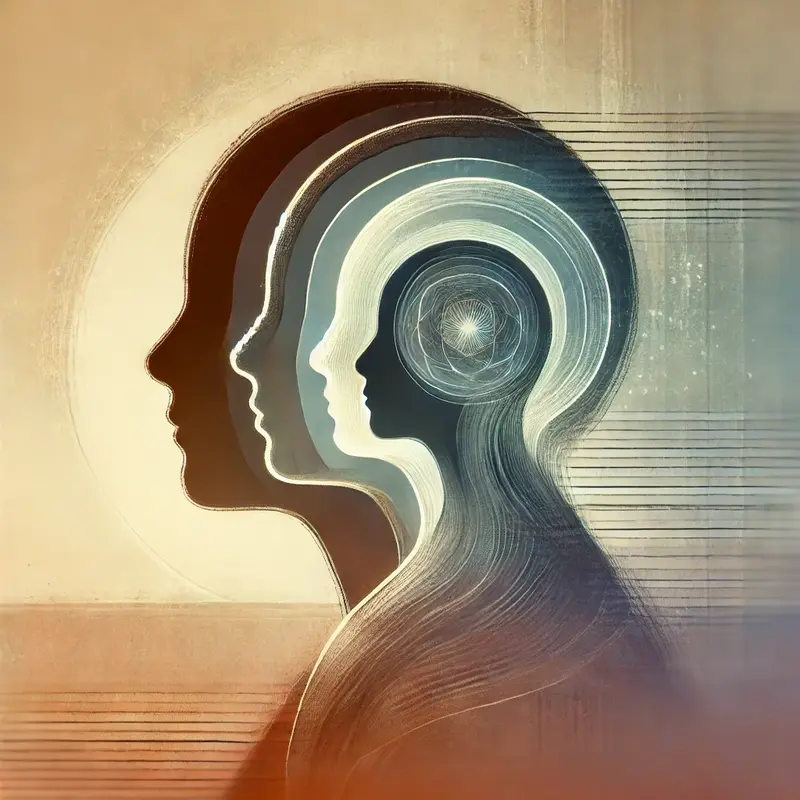Ego States Therapy
Ego-States Therapy is based on the idea that our personality is made up of different parts or "ego states" that influence how we think, feel, and behave. These ego states can be healthy or problematic, and therapy focuses on helping clients identify, understand, and heal their inner conflicts by working with these different parts to achieve greater emotional balance.
Ego states are distinct parts of our personality that influence how we think, feel, and behave in different situations. This concept is central to Transactional Analysis (TA), a form of psychotherapy developed by Eric Berne. Berne proposed that each person’s personality is composed of three primary ego states:

This ego state represents the attitudes, values, and behaviours that we have internalised from authority figures, such as our parents, teachers, and other caregivers, during childhood.
Types of Parent Ego State:
- Critical/Controlling Parent: Expresses rules, judgments, and authority, often using phrases like “you should” or “you must.” It can be supportive or critical.
- Nurturing Parent: Provides care, protection, encouragement, and concern. It expresses comfort, understanding, and compassion.
How It Appears
When someone acts in this ego state, they may behave in a controlling or nurturing manner, similar to how a parent interacts with a child.
The Adult ego state is the rational, logical part of the personality that evaluates information objectively and makes decisions based on facts and reality. It processes data in a calm, non-emotional way, focusing on problem-solving and effective communication.
How It Appears
When someone is in their Adult state, they engage in logical thinking, gather information, and respond to situations based on current circumstances without emotional influence from the Parent or Child ego states.
The Child's ego state embodies the feelings, behaviours, and reactions we experienced during childhood. This state is spontaneous, emotional, and sometimes irrational.
Types of Child Ego State:
- Free/Natural Child: This aspect is carefree, spontaneous, creative, and playful. It expresses desires, joy, curiosity, and excitement.
- Adapted Child: Reflects behaviours that arise from conforming to external demands, often leading to submission, fear, or rebellion. The Adapted Child can either comply or resist authority figures.
How It Appears
When someone is in their Child state, they may display emotions like fear, anger, joy, or frustration, acting in a way that mirrors how they might have responded to situations as a child.
How Ego States Work in Transactional Analysis
In Transactional Analysis, interactions between people are seen as "transactions" that involve communication between these ego states. Problems in relationships or personal well-being often arise when people engage from mismatched or dysfunctional ego states, such as a "Critical Parent" triggering an "Adapted Child" response.
- Healthy Interaction: A balanced interaction involves the Adult ego state from both people, where they communicate rationally and openly.
- Dysfunctional Interaction: Conflict can arise when, for example, one person operates from a Controlling Parent, and the other reacts from their Adapted Child, resulting in frustration, fear, or defiance.
Goal of Ego-State Therapy
In ego-state therapy, the goal is to help individuals recognise which ego state they are operating from and why, allowing them to shift into the most appropriate state (usually the Adult) to respond more effectively in various situations. This awareness promotes emotional regulation, better communication, and healthier relationships.
© Monica's Counselling Services
Powered by WebHealer